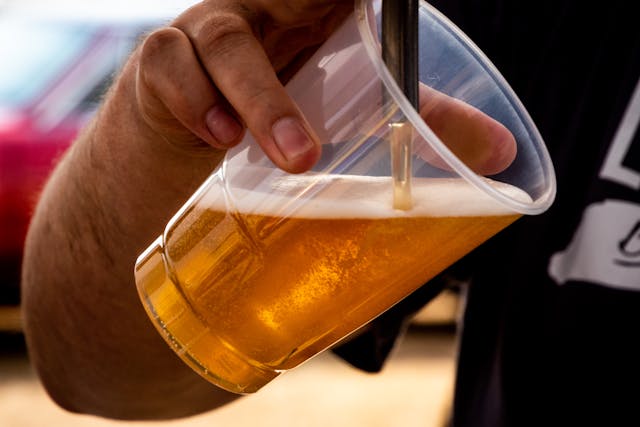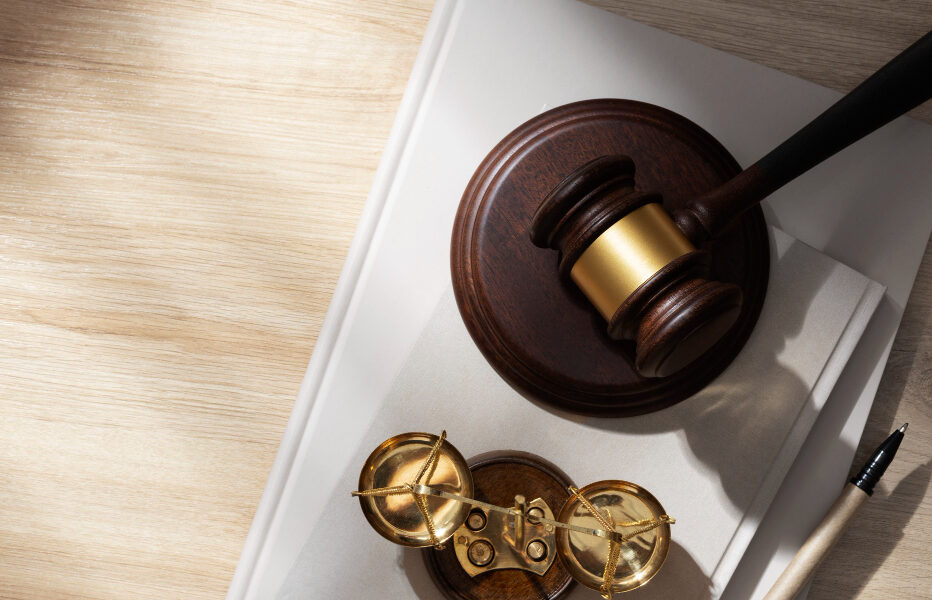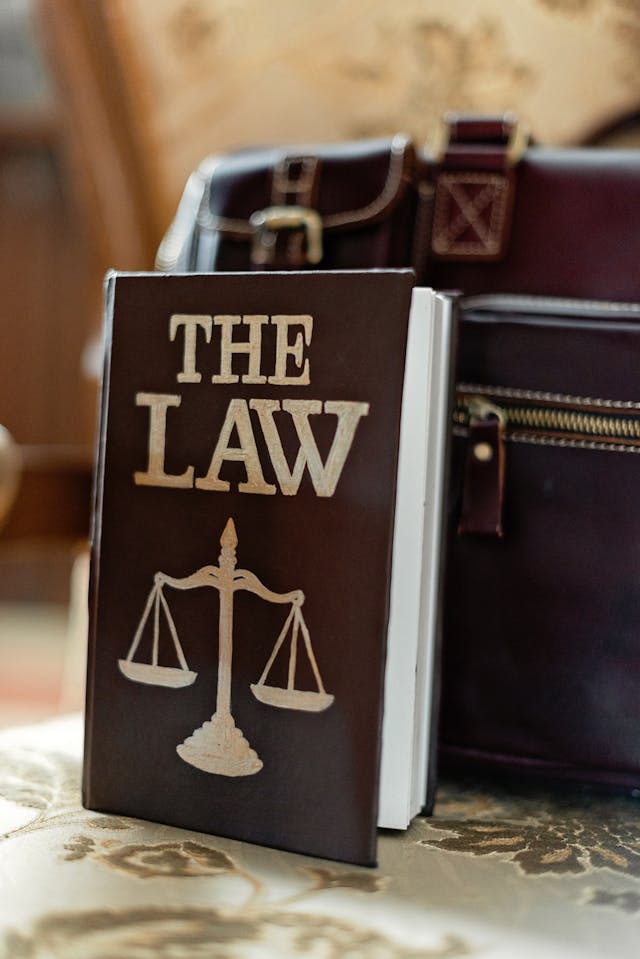Drink-driving solicitors to face warnings, not fines, after SRA scraps harsh penalty policy
Solicitors convicted of drink-driving will no longer be hit with additional financial penalties from their regulator, following a wave of criticism from across the legal profession.
The Solicitors Regulation Authority (SRA) confirmed this week that its board has approved a rule change that ends the practice of automatically fining lawyers for drink-driving offences — unless “exceptional circumstances” apply.
The move comes after the SRA was accused of imposing double punishment on legal professionals. The controversy peaked last year when a Lincolnshire solicitor received a staggering £13,836 fine from the SRA after a drink-driving conviction — a penalty more than 30 times higher than the one issued by the criminal court. That decision drew public ire and was labelled a “second punishment” by many within the profession.
Following widespread consultation, the SRA concluded that its punitive stance on drink-driving convictions risked inconsistency and unfairness. Solicitors and their representative bodies argued that once an individual had been dealt with by the criminal courts, regulators should not impose further financial sanctions unless the case involved particularly egregious behaviour.
Embed from Getty ImagesIn its consultation report, the SRA noted “detailed and critical comments” from those in the profession. Most welcomed the change, stating it would lead to more “predictable and consistent” disciplinary outcomes. Many felt the regulator’s approach had gone too far, particularly when the courts had already punished the behaviour in question.
The revised position means that solicitors found guilty of drink-driving will now typically receive a formal warning or a written rebuke. Only in cases where aggravating factors are present — such as repeated offences, high alcohol readings, or danger to the public — will the matter be escalated to the Solicitors Disciplinary Tribunal (SDT), which has powers to suspend or strike off solicitors.
The SRA was quick to stress that the change does not remove its ability to take robust action where necessary. It has also signalled a similar approach for solicitors convicted of drug-driving, indicating a move toward greater consistency across related offences.
Speaking at a monthly press briefing, SRA chief executive Paul Philip explained the rationale behind the reversal. “We’ve reflected on the response to some high-profile fines,” he said. “If someone has a problem with drink driving, then being fined is not going to stop them. But if they continue to break the law in a serious way, then we need to consider whether they can continue to practise.”
The rule change will not require formal approval from the Legal Services Board, as it does not constitute a change in the SRA’s regulatory arrangements. Nevertheless, both the LSB and the SDT will be notified as a courtesy.
While some commentators voiced concerns that the revised policy may restrict the SRA’s discretion, the regulator was clear that decision-makers retain flexibility. The updated guidance encourages proportionality, discretion, and careful consideration of all relevant circumstances.
Still, questions remain over how the SRA will handle drug-driving convictions, which currently fall into a grey area. Critics argue that the absence of a clear stance could lead to inconsistency.
Nevertheless, for now, the profession appears satisfied. By stepping back from harsh, financially crippling fines for offences already prosecuted in criminal courts, the SRA may have just regained some goodwill — and shown it is prepared to listen.





